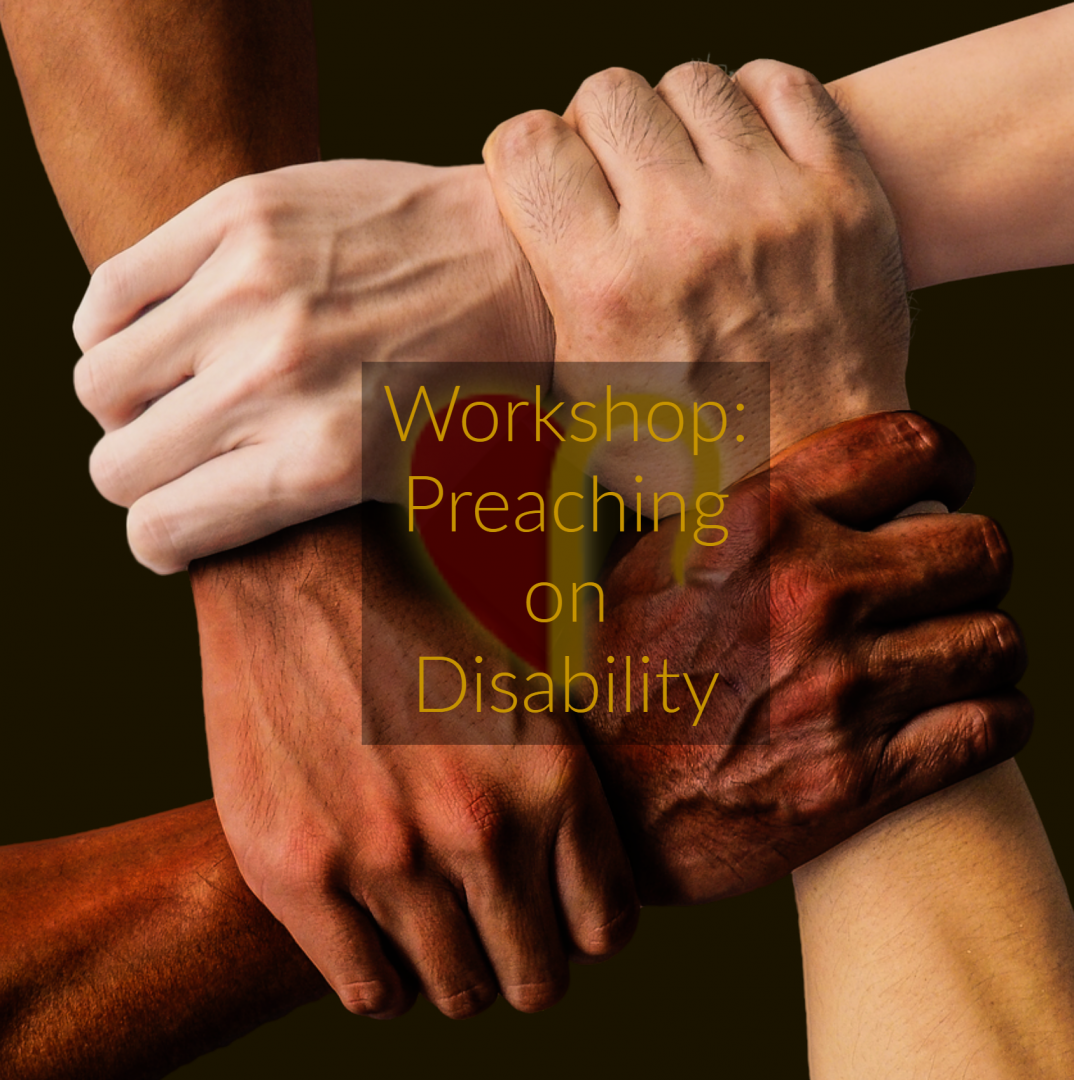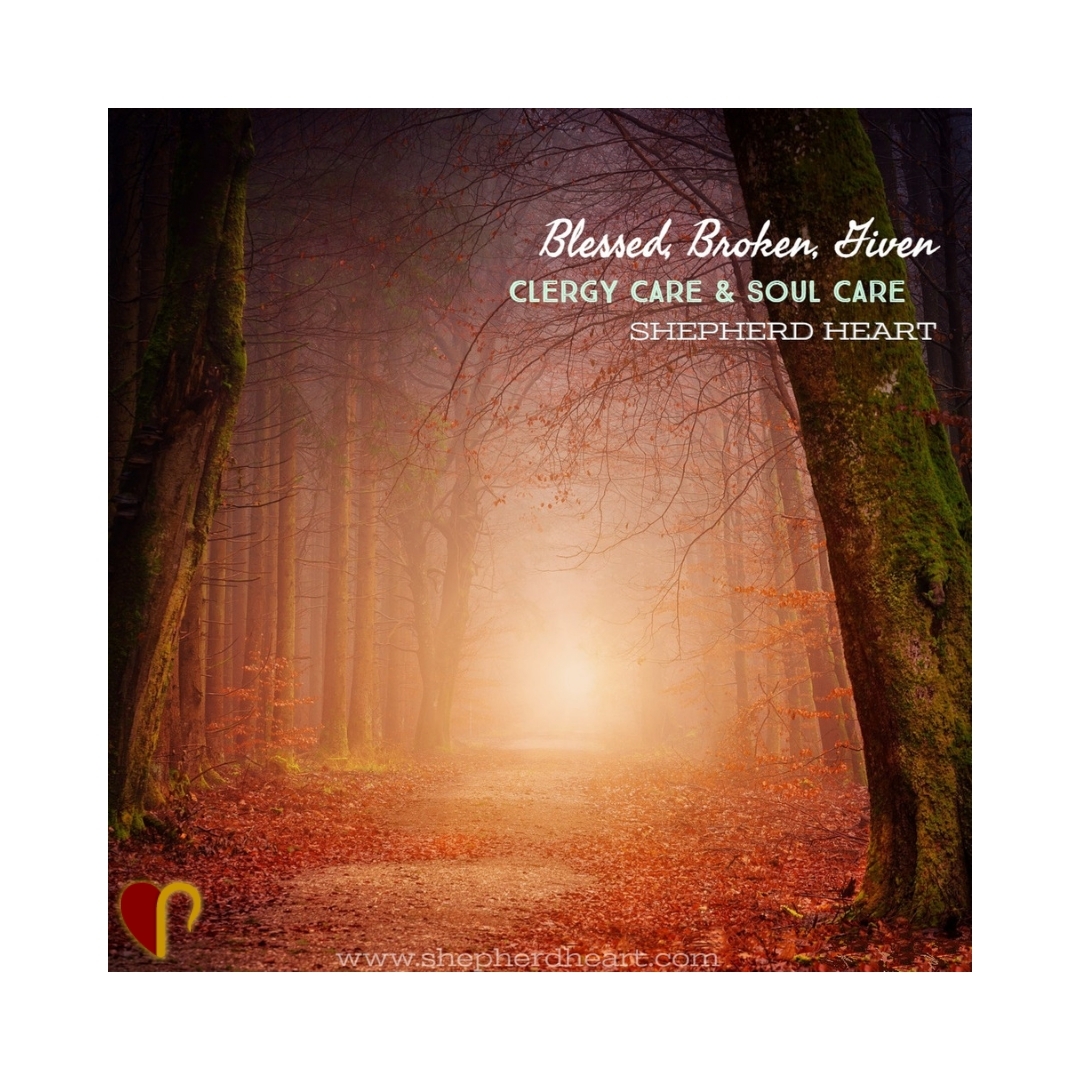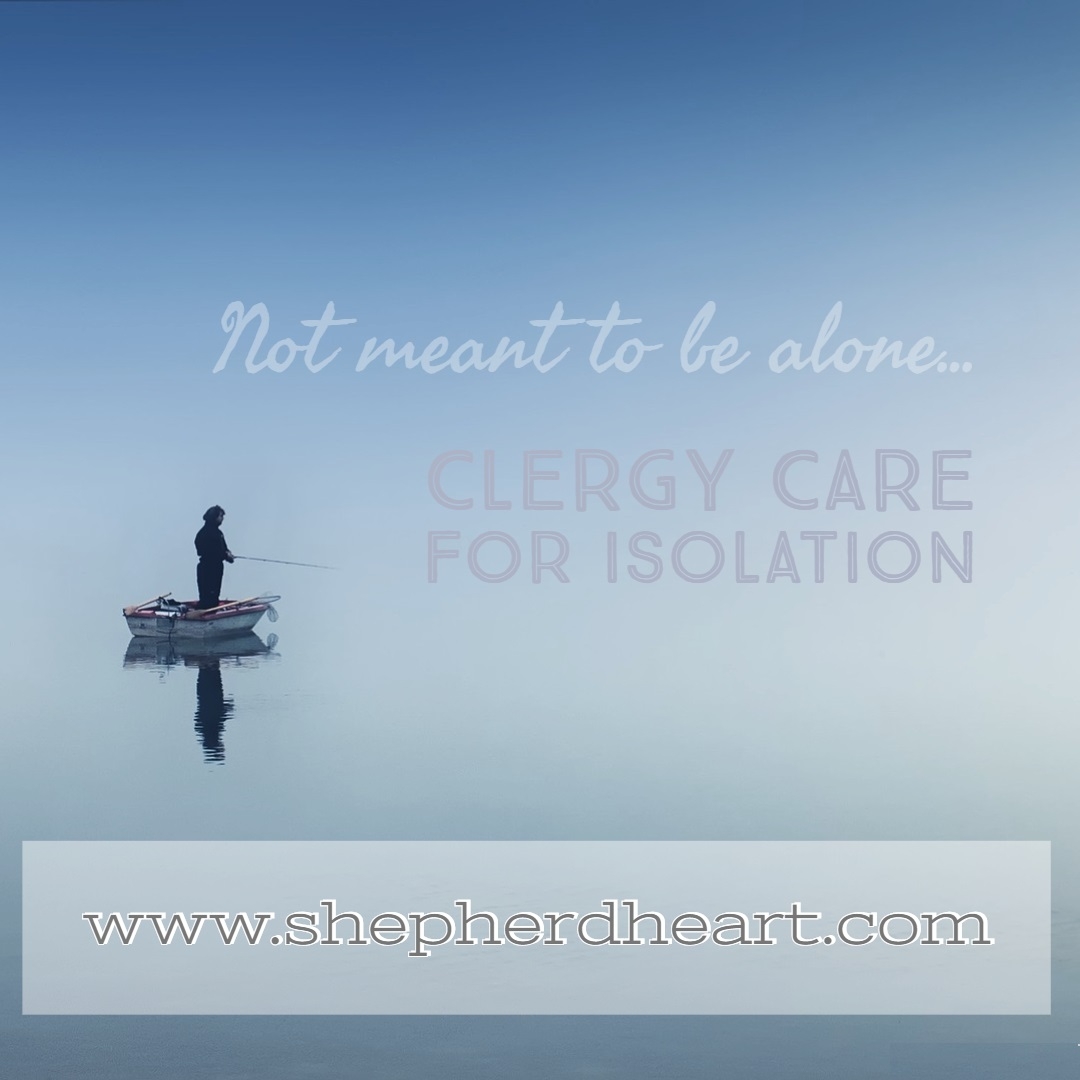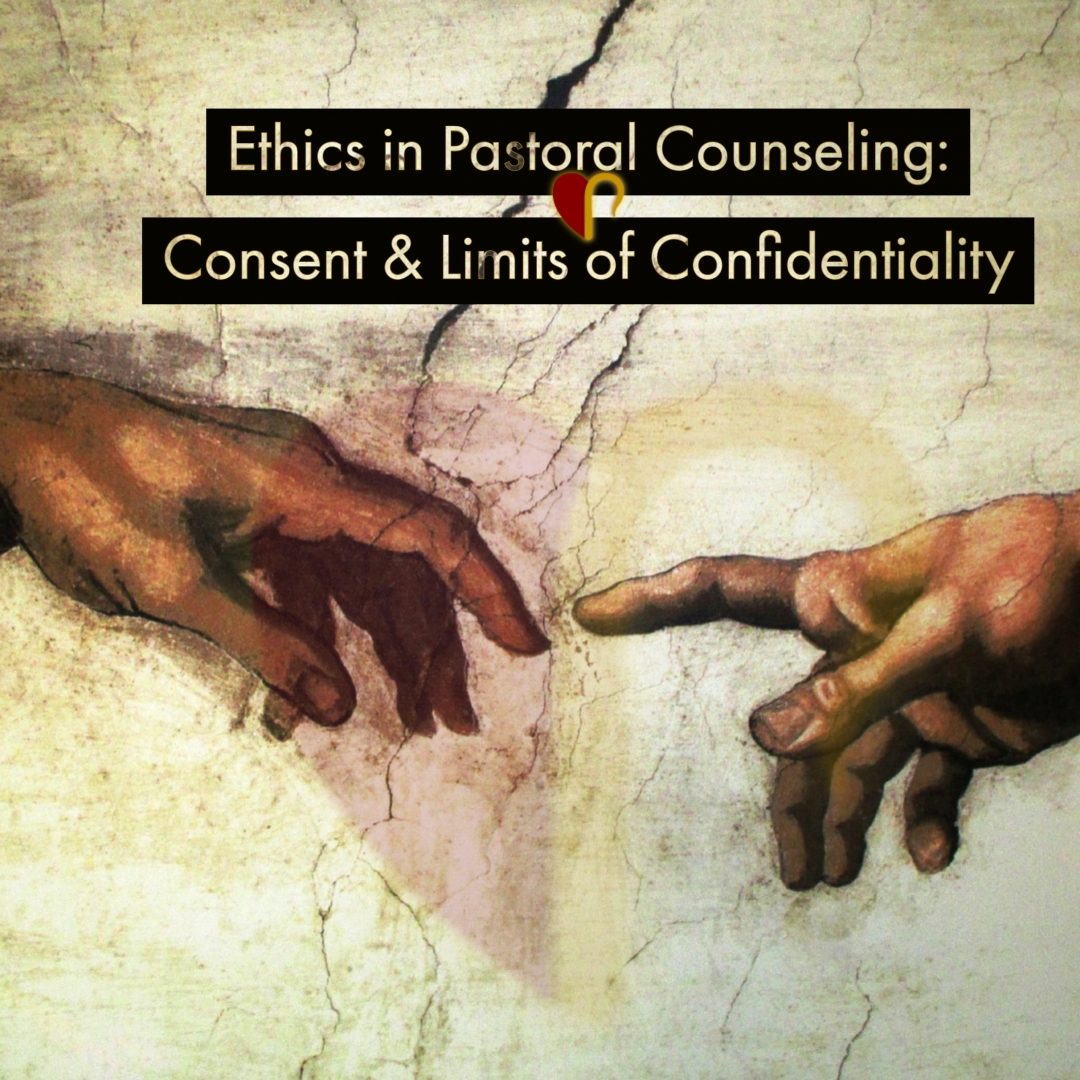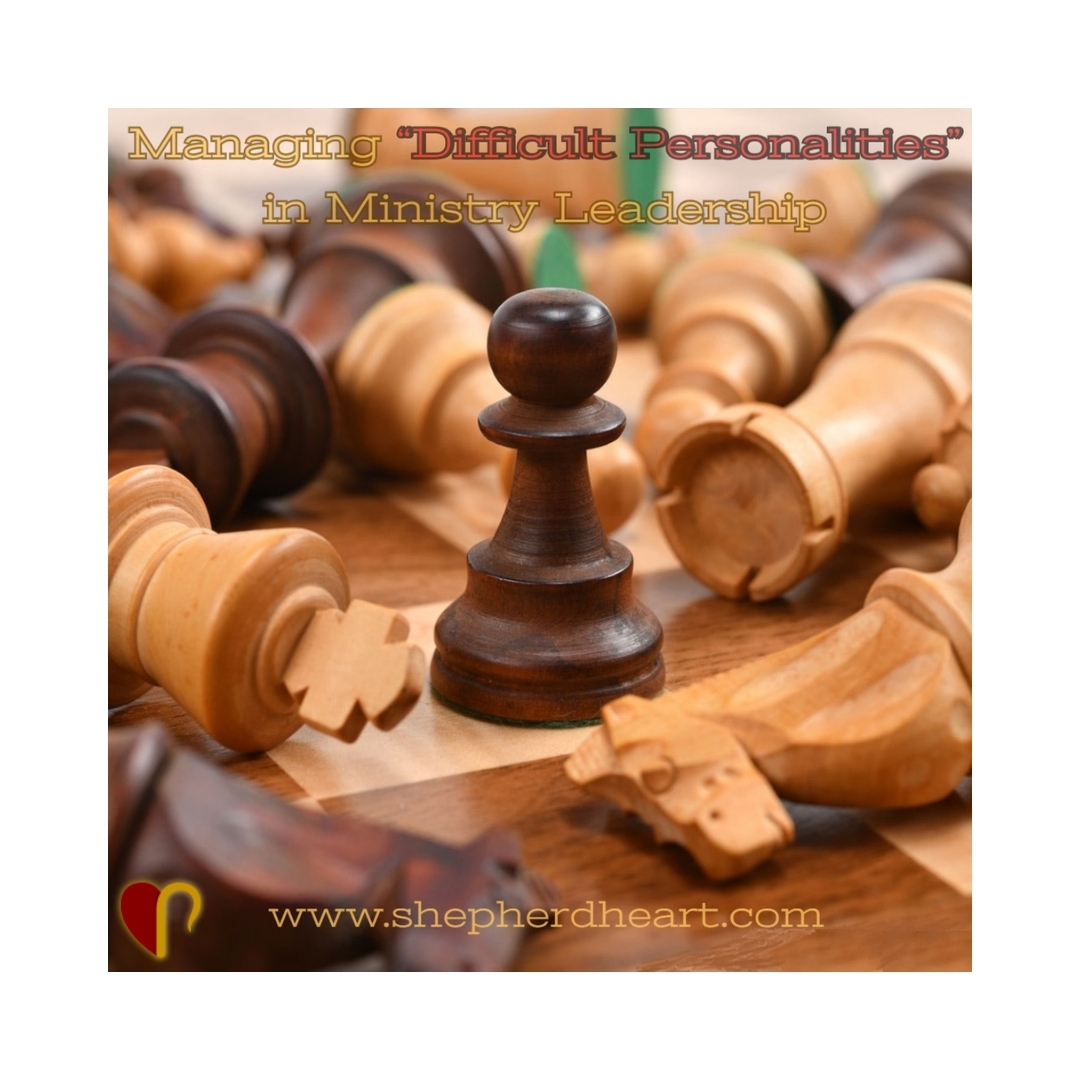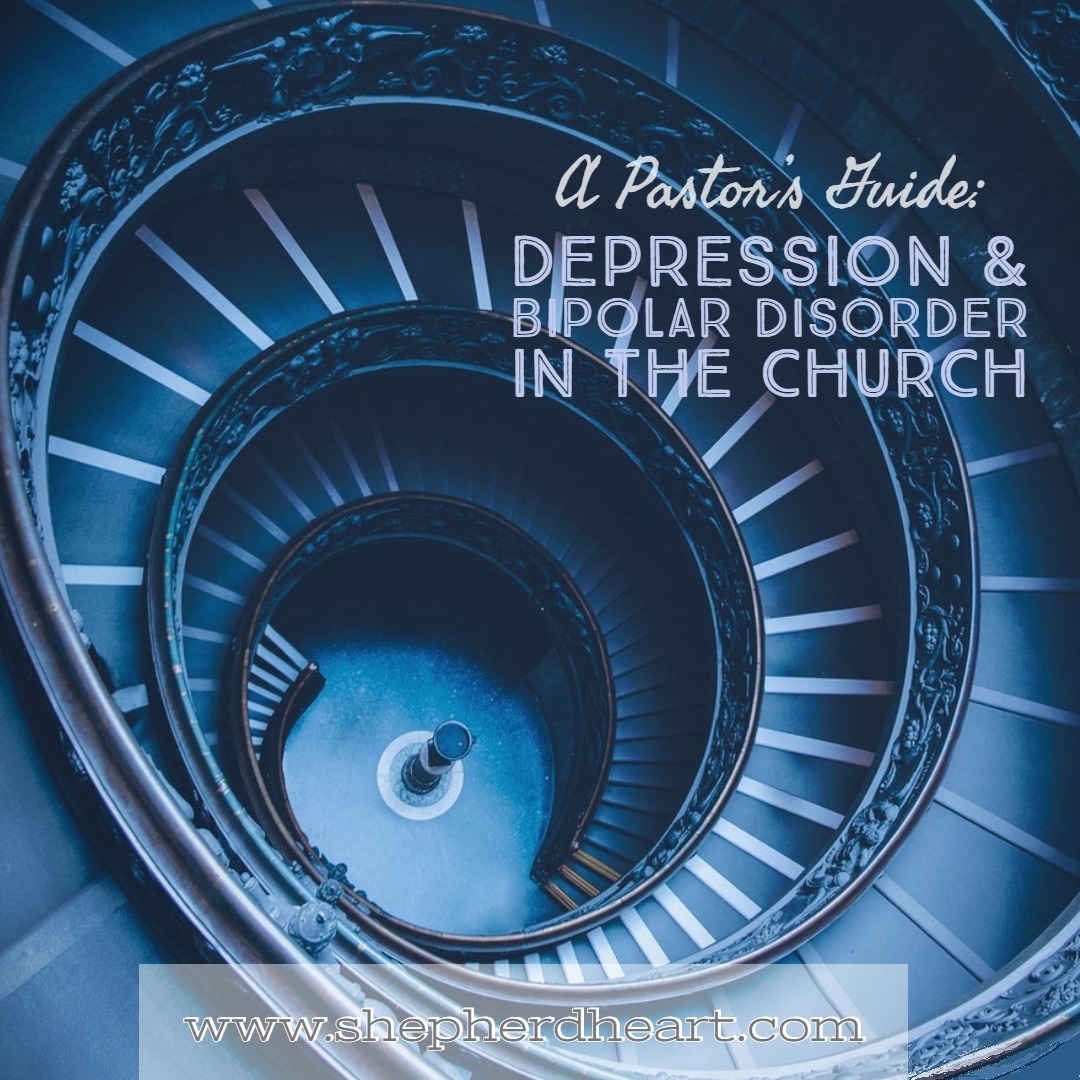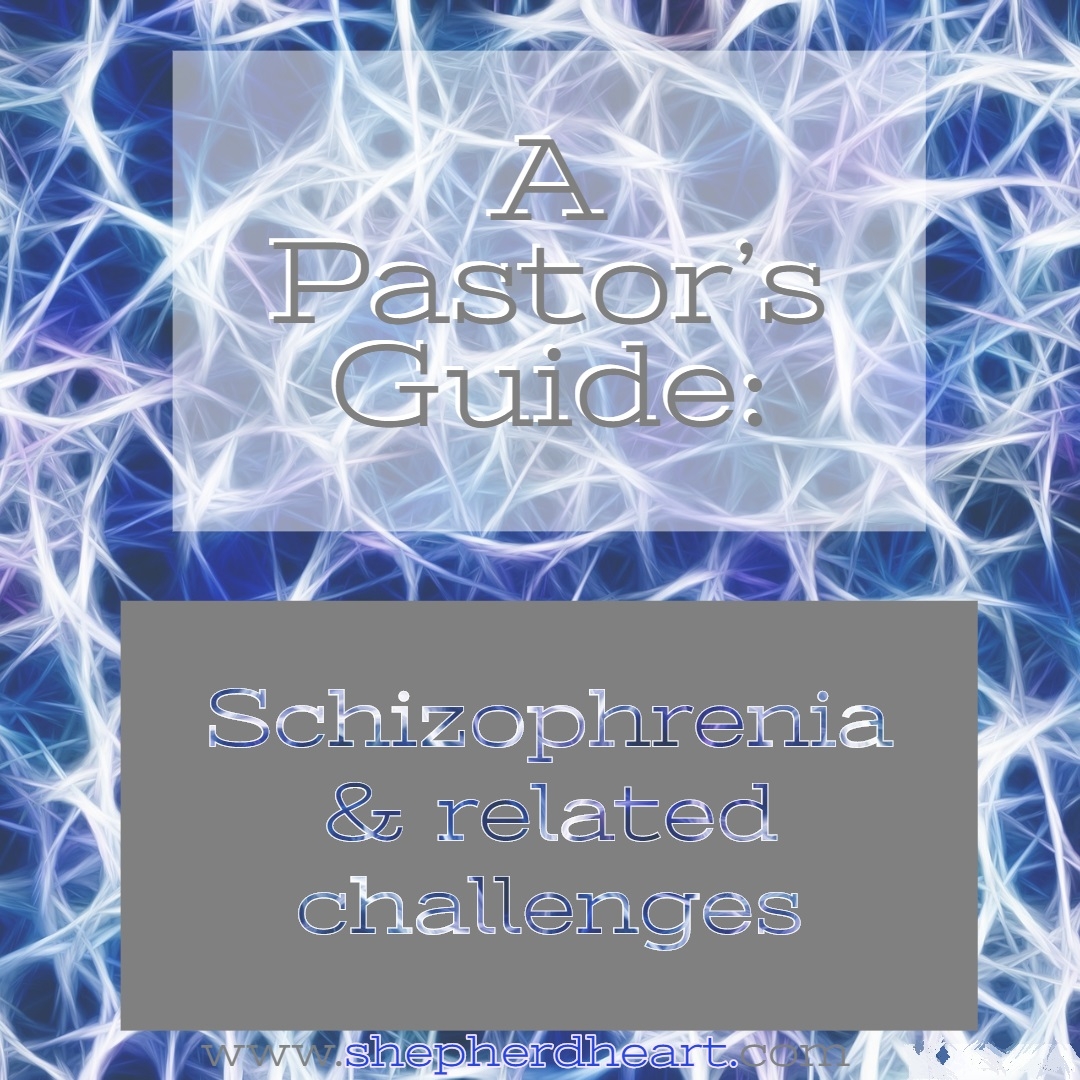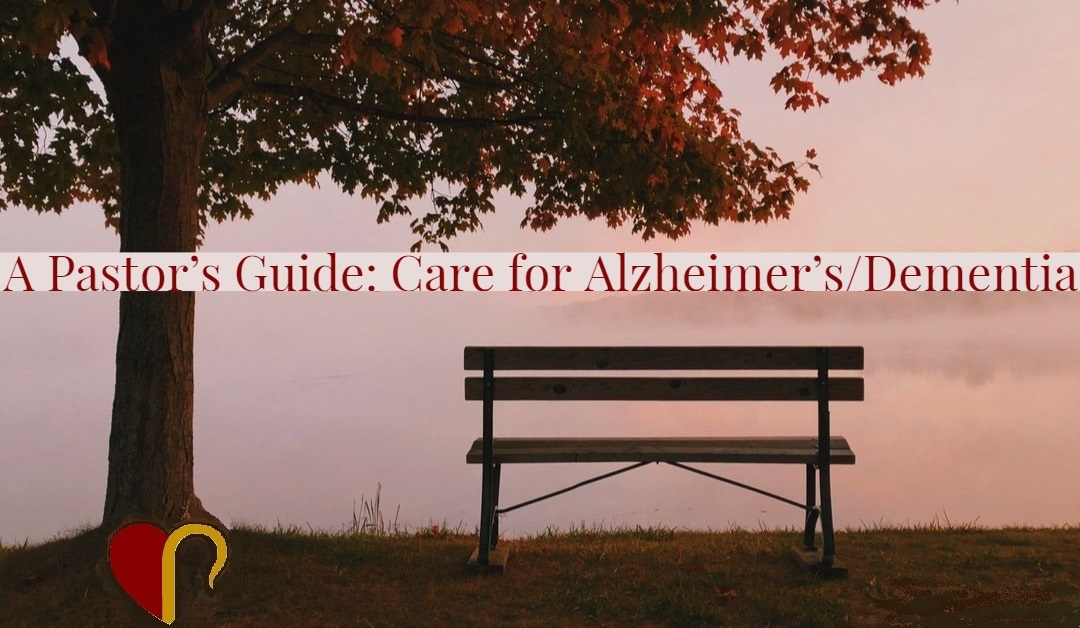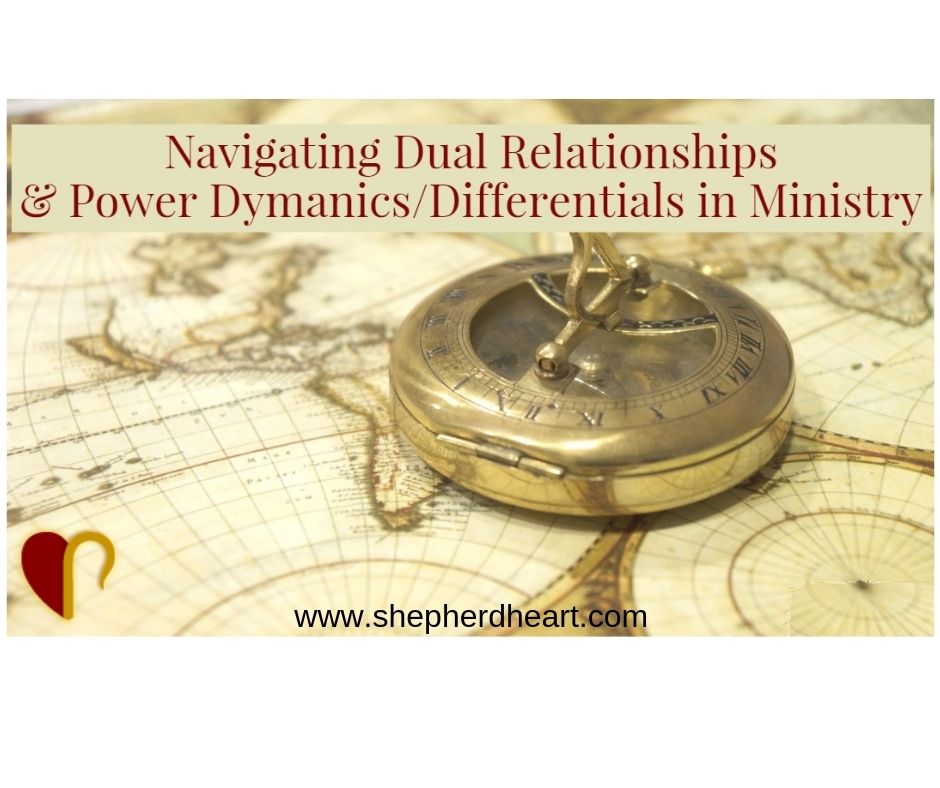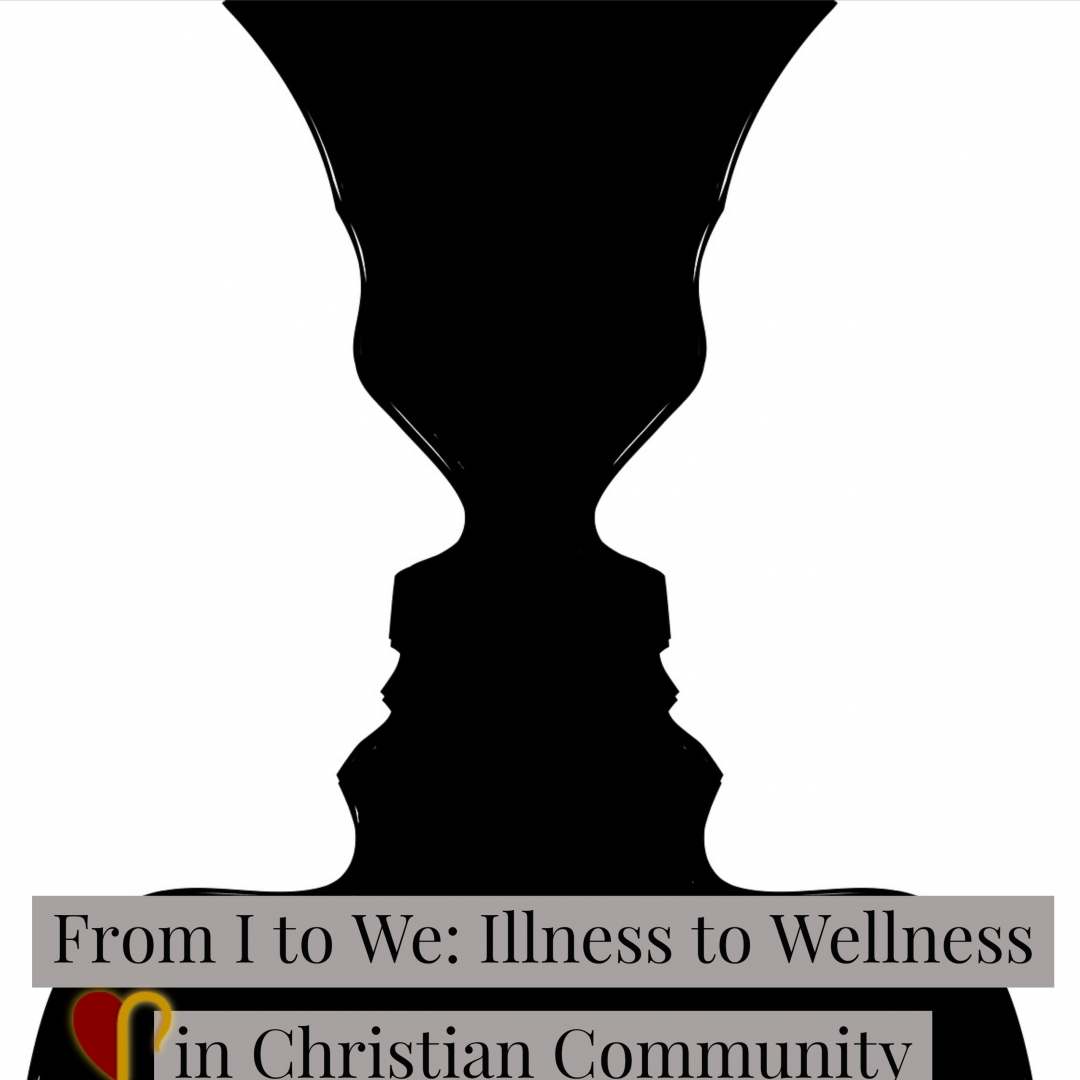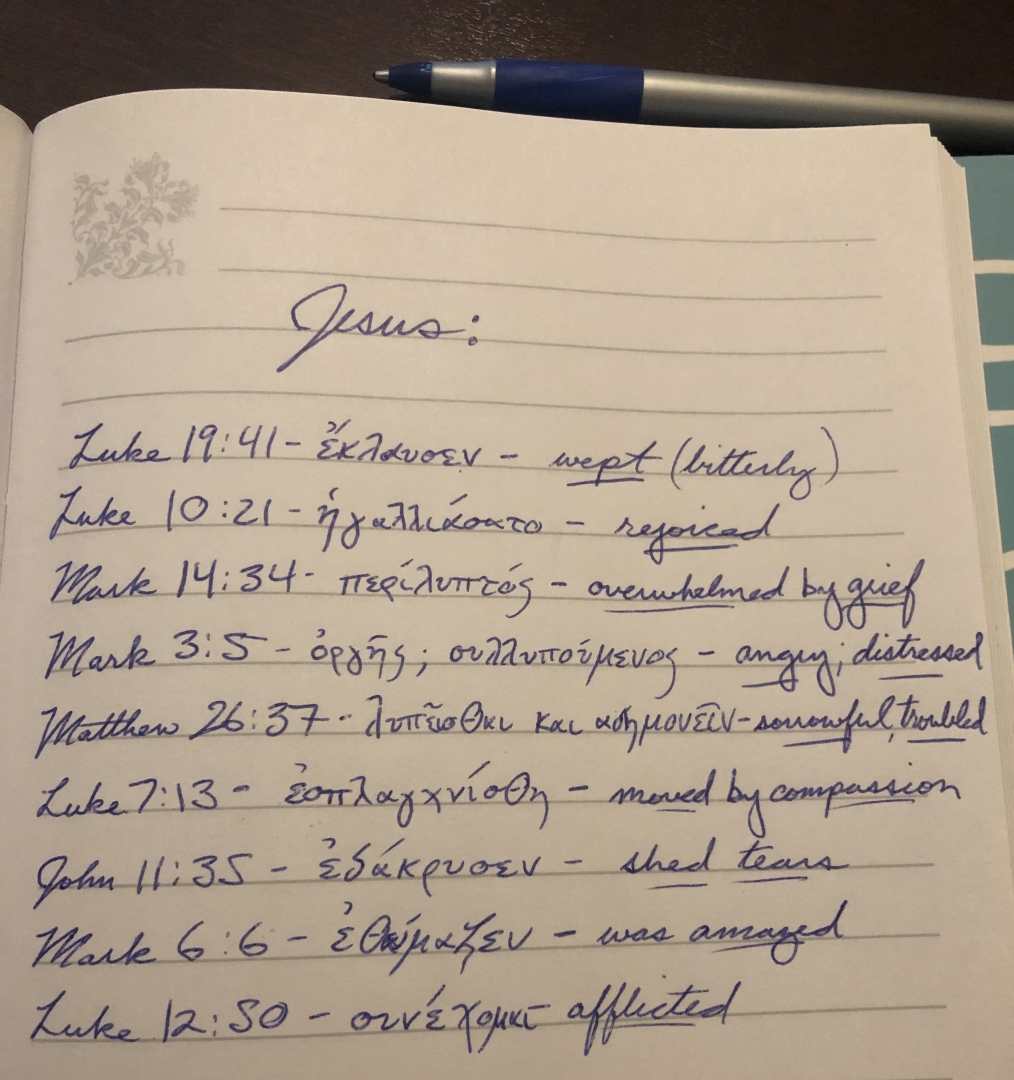 Intentional Emotional Health in Ministry:
Intentional Emotional Health in Ministry:
Turning from Distractions to the Divine
Rev. Dr. Stephen Lambert
The twenty-first century discipline of psychology has ushered in a biopsychosocial wave. By this, I mean that at no other time in the history of humankind are we so aware of how our biological selves, psychological selves and social selves integrate into our worlds of meaning. Ministers of the Christian faith and other followers of God would add spirituality into the domains of human existence and thriving. This stimulating new knowledge seems appealing, yet for all our talk on nourishment of the self through a synthesis of interdependent elements of personhood, we may be less focused on our emotional health and the sacredness of our emotional well-being than at any other time. In our highly advanced and complex age of knowledge and technology, we find the human mind and spirit capable of nearly any grand feat imaginable. One wonders, however, whether we err in sacrificing what is deep and sacred in our communion with God and others for a more bland existence in myriad distractions.
As one who has served in both pastoral and academic settings, I am increasingly aware of how the perceived good in my roles chokes out the excellence desired in the sacredness of divine communion with God and God’s beloved people. Email messages, telephone calls, endless committee meetings and a host of other appointments and commitments often leave me wondering why I sometimes feel emotionally dry and disappointed. Even when I manage to carve out time for prayer, meditation and reflection on scripture, I often experience an uncomfortable, diffuse, uneasy tension, as if there must be some task that commands my immediate attention. I sometimes comment to colleagues and friends that there was a time in my life when the end of my day was somewhat like the end of a sentence. These days often life seems like a run on sentence, consisting of a series of clauses, with no feeling of completion. My self-disclosure may be quite revealing, but I imagine a number of readers can relate.
I find myself needing more intentionality in taking care of my emotional health. I am no longer able to wait for periods of down time to feel emotionally restored. To find emotional respite I must be very deliberate. For example, I attempt to walk at least one mile, two or three times per week, in wooded or desert areas. It is vitally important to be outside in nature. A professor friend of mine shared that about 85% of Los Angeles County is developed or paved in concrete. I am not sure about my colleagues’ statistics, but I do believe our Divine Creator designed us to live more of our lives in nature. Being outside is important. I am also a news junkie, but I am becoming more focused on turning off the television to sit in the cool and quiet of the evening reading, especially devotional material. I also find that sacred music is healthy for my emotional health. I sometimes spend at least 30 minutes in the evening listening to sacred music. In addition, I do not allow smart phones, cell phones or computer technology to control me. I screen calls through answering machines. If the message is important, the caller will leave a number. Moreover, rather than taking multiple little vacations to crowded places, I take small vacations to less crowded areas, as well as three entire weeks in August to visit the rural, luscious, green mountains of North Carolina, where I do about 50 miles of day hiking. Finally, I attempt to develop deep, communal sacred relationships with reflective thinkers who are intellectually, emotionally and spiritually curious. Suffice it to say, we now live in an age where ministers cannot wait casually for down times. Emotional health is more fully realized through deliberate efforts to remain emotionally healthy.

Stephen Lambert is a Professor in the Department of Psychology, and Adjunct Professor in the Department of Practical Theology, at Azusa Pacific University. He is an ordained minister, certified pastoral psychotherapist, and licensed marriage and family therapist.
Don’t miss this summer’s Pastor & Spouse Retreat :
(July 17-20, Northern AZ)
Take a look at upcoming events & ministries at Shepherd Heart. Share in the Shepherd Heart vision & mission.
If you support the vision and the mission of Shepherd Heart, you can give a gift to sustain its ministries.
Shepherd Heart is *not* a 501c3, and therefore gifts are not tax-deductible at this time. Your gifts of any amount are deeply appreciated.


